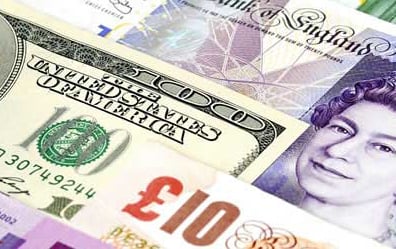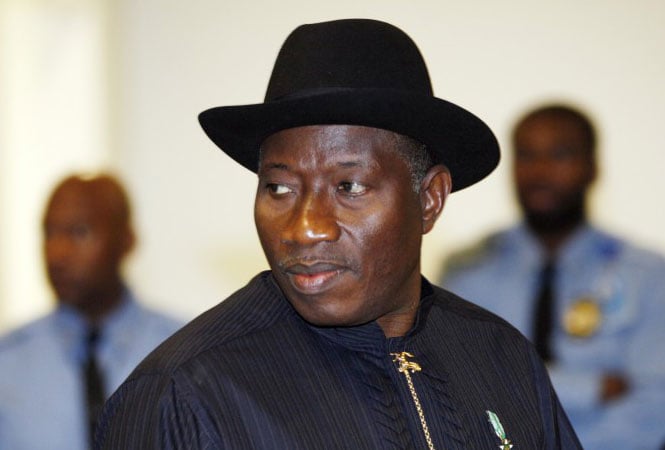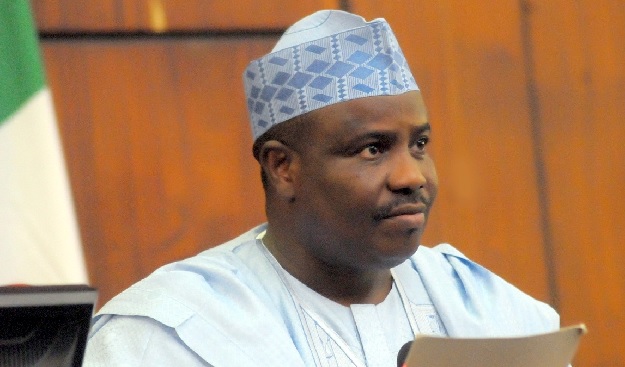Aside from investors closing positions on the Dollar, the Cable continues to look bearish with the pair already softening by as many as a further 120 pips on Monday following Barclays and HSBC pushing back expectations for a UK interest rate hike to Q3 2015 and Q1 2016 respectively.
Although it is already evident that the GBPUSD has fallen from the sky in the past three months, dropping from 1.71 to 1.56, which would usually lead to concerns that the pair might be oversold, there is still further room for the pair to move to the downside. To be honest, investor attraction towards the Sterling is very weak at present and if we continue to get indications that an interest rate increase is far away in the distance, the primary reason for investor appetite to return is absent.
Looking ahead to this week, there are two UK economic releases that could still have further bearish implications on the Cable. Investors should keep a close eye on annualised inflation for October (Tuesday) and the minutes from the latest Bank of England (BoE) meeting (Wednesday). It’s quite obvious that the BoE’s admission that UK inflation is set to fall below 1% within the next six months unsettled investors. The downside risk is that such a move has not been priced into the markets and may encourage further downside movement in the Cable.
If and when UK CPI declines below 1%, not only would there be an expectation that Governor Carney would need to write a letter to Chancellor George Osbourne explaining the cause of this drop, but there would also be anxiety over the UK possibly being set to follow the EU into a period of low inflation. A substantial influencer on the decline in inflation is the corresponding drop in commodity prices, particularly oil because cheaper oil means reduced prices for the consumer. In the longer term, this can be seen as a good thing because it raises disposable income and the opportunity for expenditure elsewhere but the short-term impact would be a sharp downturn in overall inflation.
Advertisement
However, if you look closer at recent UK economic data, we have seen increased signs that UK economic momentum is slowing down in some of the UK’s most prominent sectors, particularly the services sector. The slowdown in PMIs has also led to reduced spending because corporations are spending or investing less in the economy, and this can then further impact prices. The BoE might have suggested that UK inflation is set to fall below an annualised 1% within six months but it could happen earlier.
Wednesday’s BoE minutes will likely reiterate the same dovish stance, where Monetary Policy Committee (MPC) members express their concern regarding weak price pressures, economic weakness in the Eurozone and signs of domestic growth slowing as reasons to leave interest rates unchanged at a record-low of 0.5%. The Bank repeating its dovish stance would pressure the Sterling and, judging by the overall tone from the Inflation Report last week, any chances of a third member of the MPC becoming a dissenter are slim. Aside from investors closing positions on USD trades, a third member of the MPC turning hawkish would be the only way I can envisage GBP bulls making a charge this week.
Overall, the emergence of the UK economy heading towards a period of low inflation will be a serious concern for the BoE and, it may be used as a primary reason to keep rates unchanged for as long as all of next year. There is a potential shining light for the UK economy; average wage growth in October was shown to be outgrowing inflation for the first time in five-years, and could weaken the BoE’s strong views on weak price pressures. However, Governor Carney’s response to a question on this point last Wednesday suggested this is far from the truth with Carney saying simply that this was “normal for a normal economy”.
Advertisement
Unless the Federal Reserve decide to use this Wednesday’s FOMC Minutes release as an opportunity to weaken demand for the Dollar and inspire some risk appetite into the currency markets, I see limited potential for the GBPUSD to recover even a proportion of its recent losses.
*Ahmad is chief market analyst at FXTM.
Add a comment







